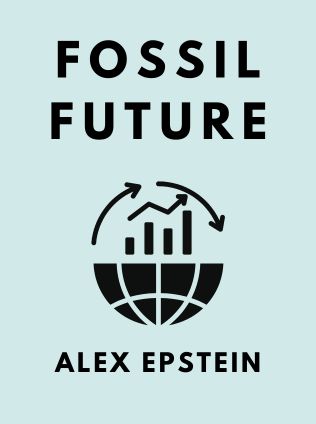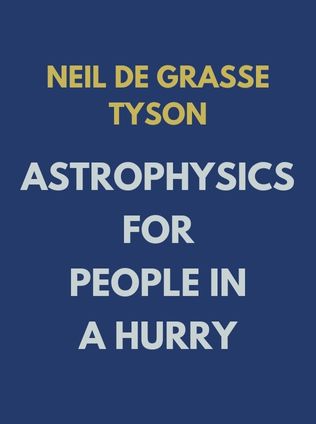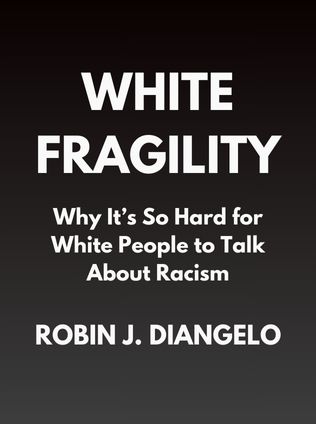
Fossil Future
Why Global Human Flourishing Requires More Oil, Coal, and Natural Gas - Not Less
By Alex Epstein
Published 05/2022
About the Author
Alex Epstein, a philosopher and energy expert, is the author of the influential book, Fossil Future: Why Global Human Flourishing Requires More Oil, Coal, and Natural Gas - Not Less. Epstein is known for his strong advocacy of fossil fuels, arguing that their benefits significantly outweigh the perceived environmental costs. He is the founder and president of the Center for Industrial Progress, a think tank that promotes the use of technology to improve human life. Epstein's approach is rooted in a philosophy that prioritizes human flourishing above environmental preservation, a stance that has sparked considerable debate and discussion.
Main Idea
In Fossil Future, Epstein challenges the prevailing narrative that fossil fuels are inherently harmful and must be phased out to protect the environment. Instead, he argues that fossil fuels are essential for global human flourishing, providing reliable and cost-effective energy that supports economic growth, technological advancement, and improved quality of life. He contends that the benefits of fossil fuels far outweigh the potential risks, and that a balanced, rational approach to energy policy should prioritize human well-being over minimizing environmental impact.
Table of Contents
- Introduction: The Case for Fossil Fuels
- The Role of Experts in Energy Policy
- Evaluating Energy Sources: The Human Flourishing Standard
- The Benefits of Fossil Fuels
- Addressing the Risks: Climate Change and Pollution
- Alternatives to Fossil Fuels: Myths and Realities
- Energy for the Future: The Path Forward
- Conclusion: A Moral Case for Fossil Fuels
Introduction: The Case for Fossil Fuels
Epstein opens with a bold assertion: fossil fuels are indispensable for modern civilization. He criticizes the "anti-impact" framework, which prioritizes minimizing human impact on the environment, arguing that this approach neglects the profound benefits that fossil fuels provide. Instead, he advocates for a "human flourishing" framework, where the primary goal is to maximize human well-being.
"Human flourishing, not minimal human impact, is the proper moral goal." - Alex Epstein
Epstein emphasizes that fossil fuels have driven unprecedented improvements in living standards, from increased life expectancy to enhanced economic productivity. He challenges readers to reconsider the negative portrayal of fossil fuels and to recognize their pivotal role in advancing human progress.
The Role of Experts in Energy Policy
In this chapter, Epstein explores the influence of experts on public opinion and policy-making. He acknowledges the importance of expert knowledge but warns against unquestioningly accepting their conclusions. Epstein highlights the distinction between genuine experts and those who interpret and disseminate expert information, noting that errors and biases can distort public understanding.
He argues that many experts operate within an anti-impact framework, which biases their assessments against fossil fuels. Instead, Epstein advocates for a critical evaluation of expert opinions, grounded in a human flourishing standard. He encourages readers to question prevailing assumptions and to consider the broader context of energy policy.
Sign up for FREE and get access to 1,400+ books summaries.
You May Also Like
Rich Dad Poor Dad
What the Rich Teach Their Kids About Money - That the Poor and Middle Class Do Not!
By Robert T. KiyosakiFreakonomics
A Rogue Economist Explores the Hidden Side of Everything
By Steven D. Levitt and Stephen J. DubnerI Am Malala
The Story of the Girl Who Stood Up for Education and Was Shot by the Taliban
By Malala YousafzaiFactfulness
Ten Reasons We're Wrong About the World – and Why Things Are Better Than You Think
By Hans Rosling



















